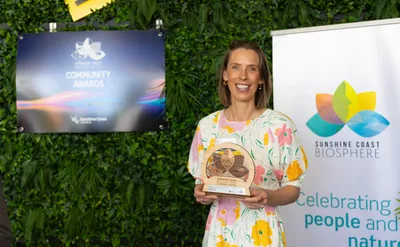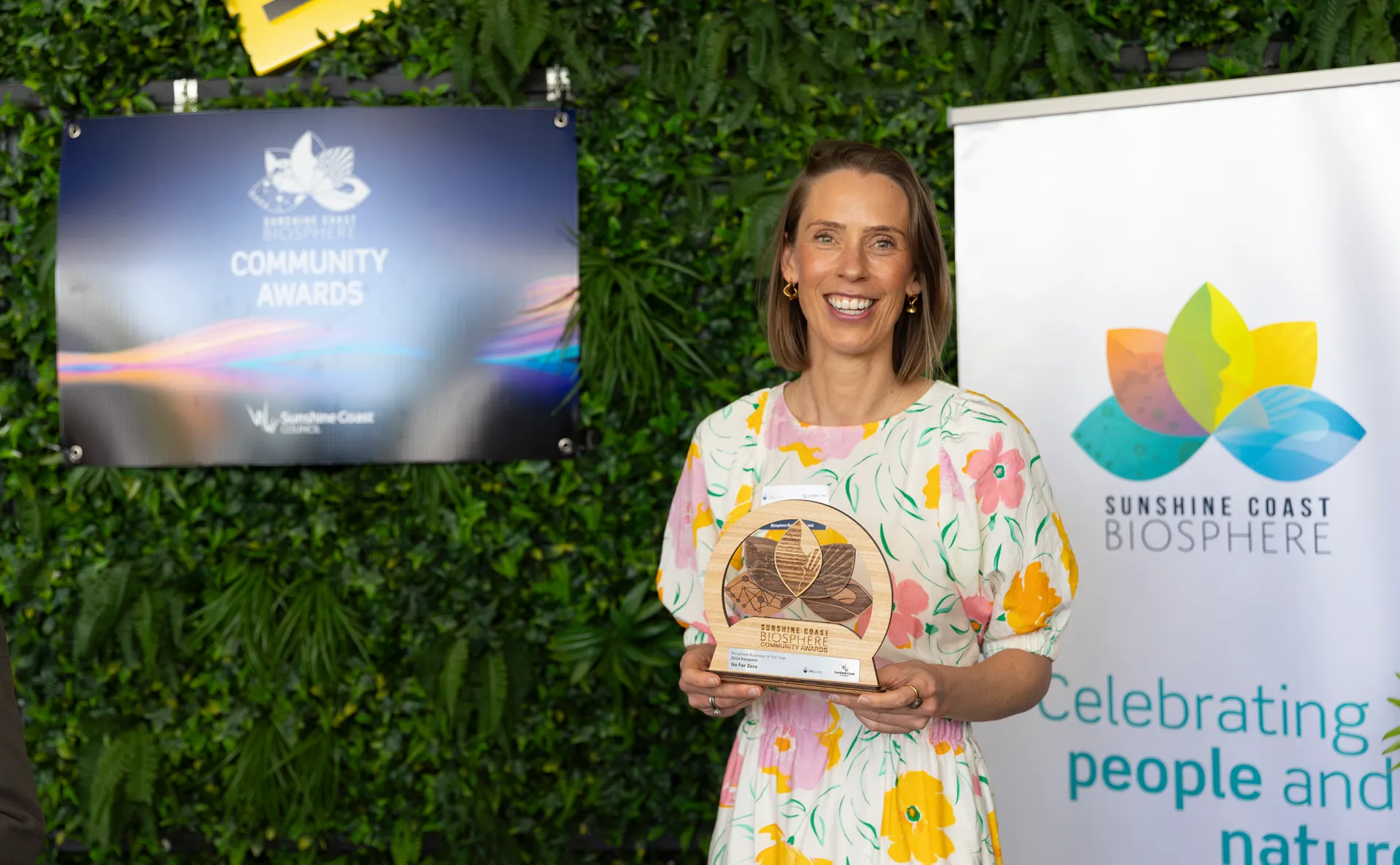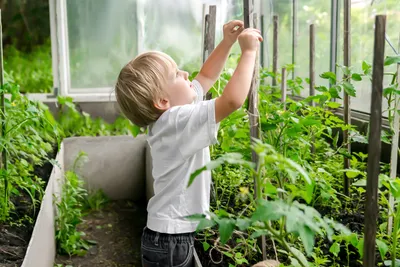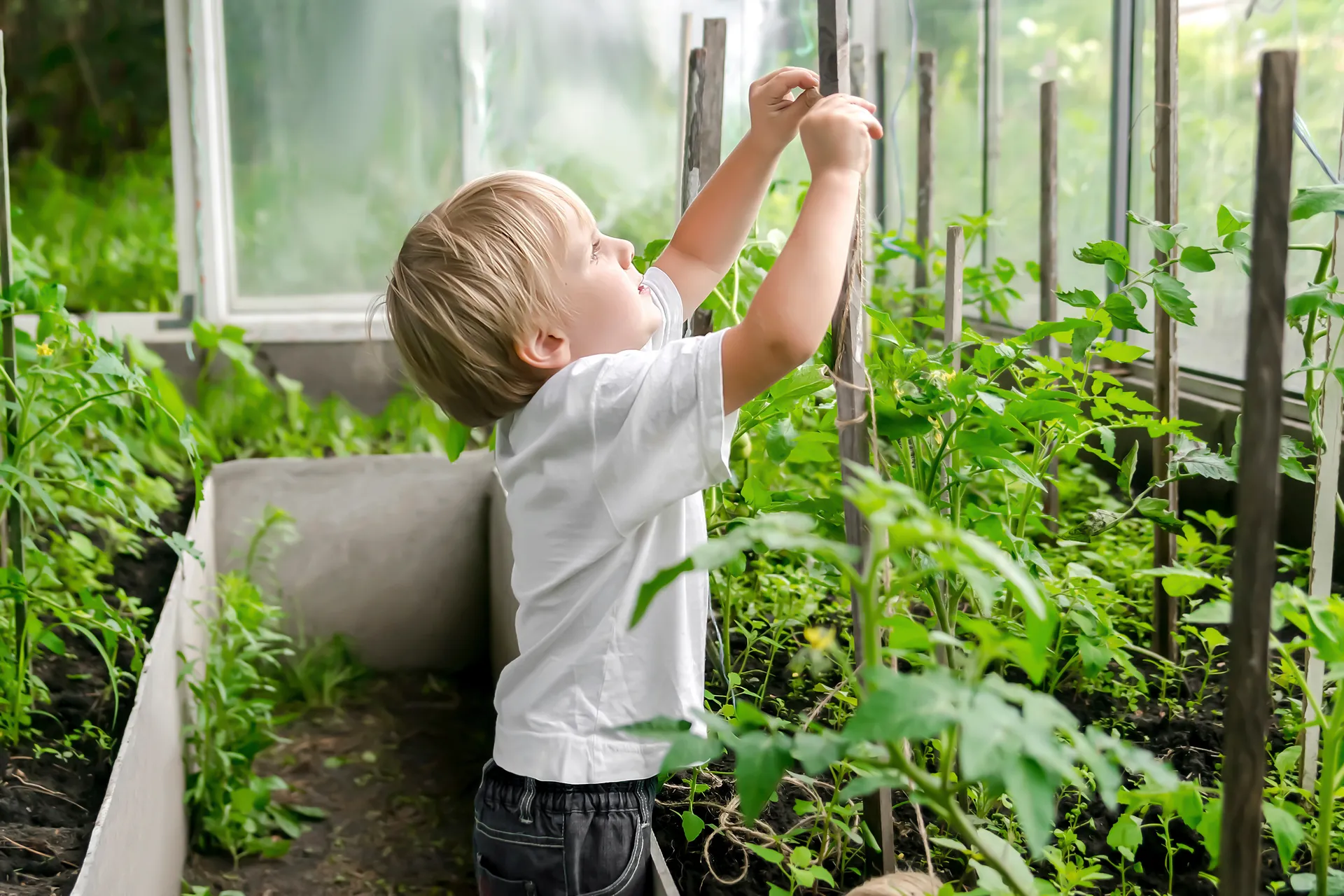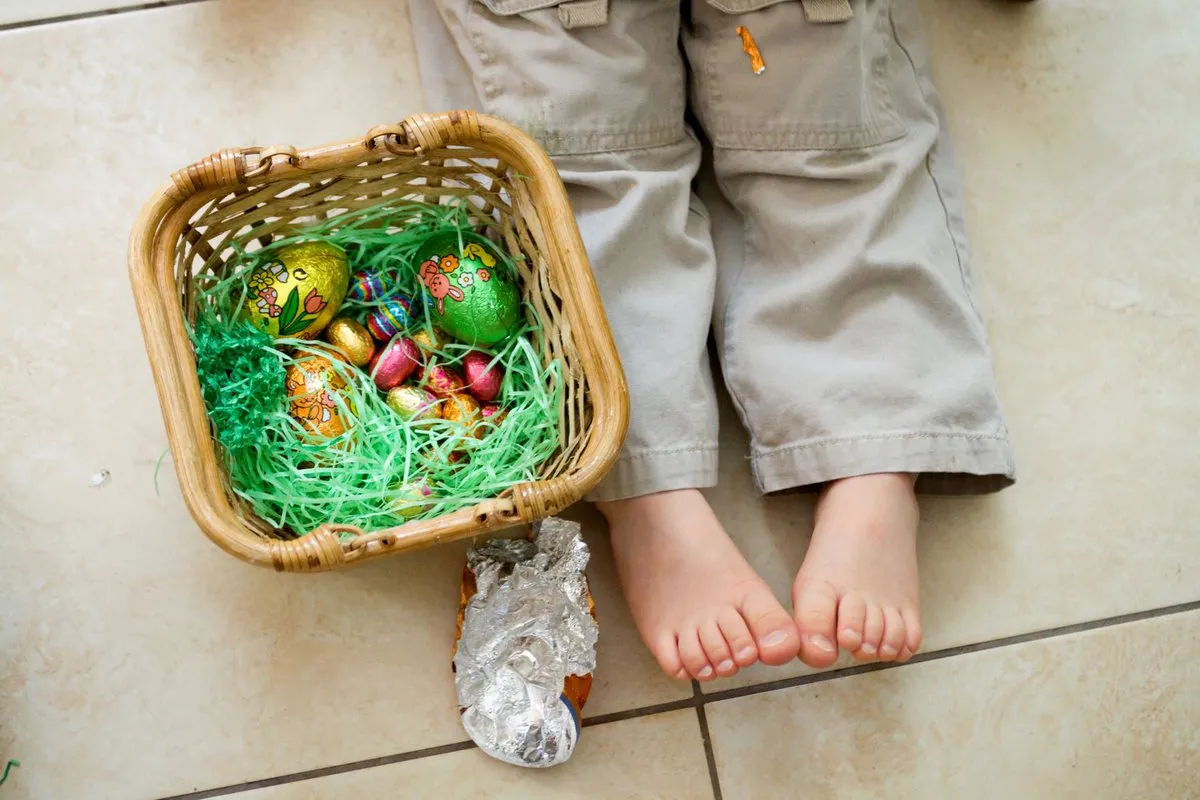Trading the burbs for the bush
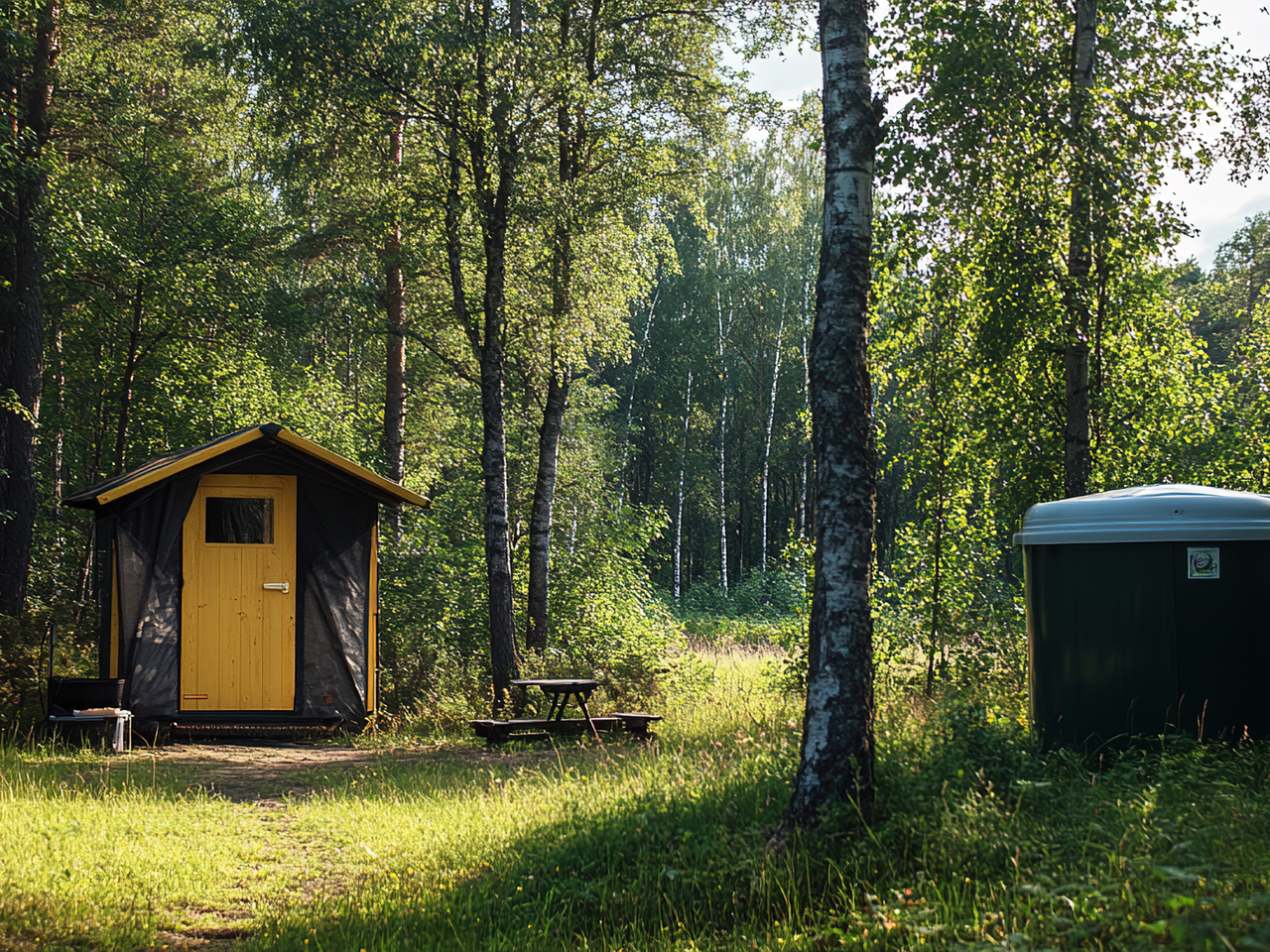
Thinking about an off-grid move, check out this handy guide which looks at power, water, waste, internet and more.
While switching from suburban living to an off-grid lifestyle is an exciting adventure there are key considerations and systems you'll need to include.
Power Supply
Solar Power Systems: Solar panels combined with battery storage are the most common solution. Independent reviews suggest that systems like the Tesla Powerwall and LG Chem Resu are highly reliable.
Tesla Powerwall
Pros: High capacity, integrated with Tesla's ecosystem, reliable
Cons: Expensive, requires professional installation
LG Chem Resu
Pros: Compact design, good performance, lower cost than Tesla
Cons: Slightly lower capacity, may require multiple units for larger homes
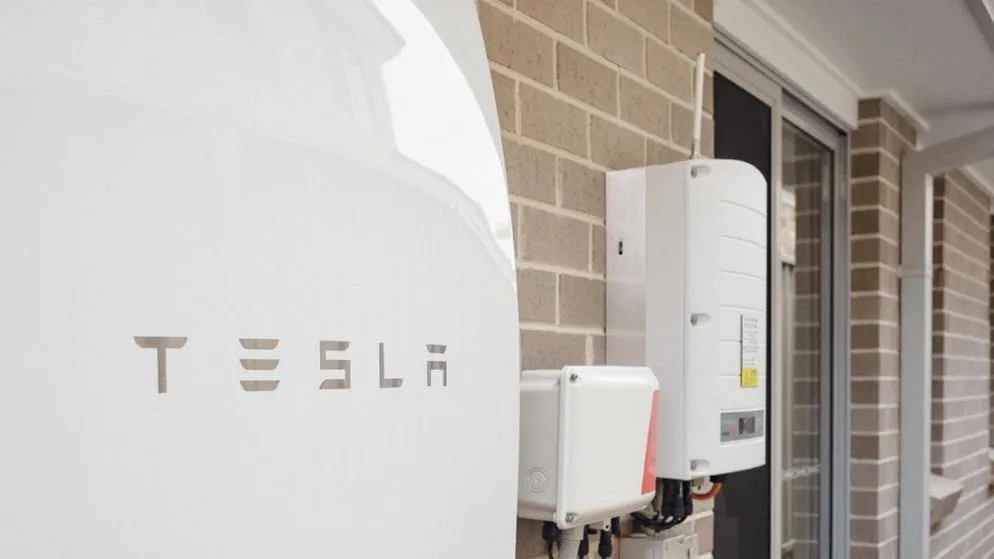
Water Supply
Rainwater Harvesting: Install tanks to collect and store rainwater. Ensure you have a filtration system for potable water. The Bushman Tanks and Kingspan Water Tanks are well-reviewed
Bushman Tanks
- Pros: Durable, UV-stabilized, various sizes
- Cons: Higher upfront cost
Kingspan Water Tanks
- Pros: Customizable, space-efficient, good warranty
- Cons: Installation can be complex
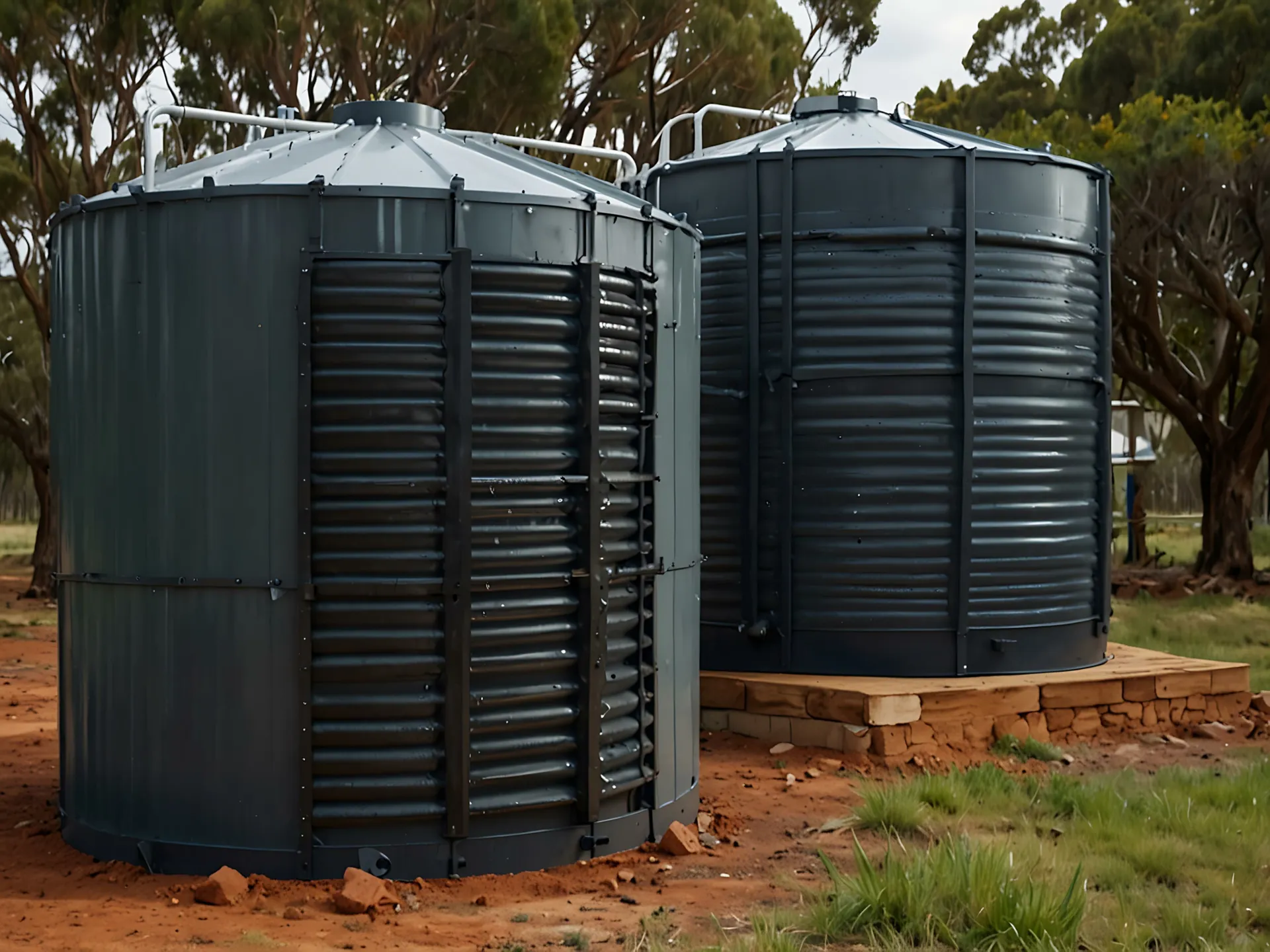
Waste Management
Composting Toilets: Popular options include Nature Loo and Separett
Nature Loo:
- Pros: Odorless, low maintenance, waterless
- Cons: Requires regular emptying, initial cost
Separett:
- Pros: Easy to use, minimal maintenance, aesthetically pleasing
- Cons: Higher upfront cost, needs proper ventilation

Internet Connectivity
While going offline is great every now and then, it's good to have the option of a reliable internet connection.
Satellite Internet:
Starlink is a viable option for remote areas
- Pros: High-speed internet, reliable in remote locations
- Cons: Expensive setup and monthly fees
NBN Fixed Wireless:
Available in many rural areas
- Pros: More affordable, decent speeds
- Cons: Signal strength can vary, dependent on location

Heating and Cooling
Wood Stoves: Efficient for heating, especially in cooler months. Brands like Jotul and Morso are highly recommended
Jotul:
- Pros: High efficiency, durable, attractive design
- Cons: Expensive, requires regular maintenance
Morso:
- Pros: Compact, efficient, stylish
- Cons: Smaller heating capacity, higher cost

Food Production
Growing your own vegetables and fruits is one of the luxuries of space
- Pros: Fresh produce, reduces grocery bills
- Cons: Requires time and effort, dependent on climate
General Considerations
- Location: Ensure your land is not in a flood zone and has good sunlight exposure for solar panels
- Building Design: Consider energy-efficient designs and materials to minimize energy consumption
Sources for Further Information
- Off Grid Australia: Offers detailed guides and client experiences on off-grid living
- The Shed House: Provides comprehensive information on building off-grid homes
- Compare Broadband: Helps find the best internet options for your location
Categories:
